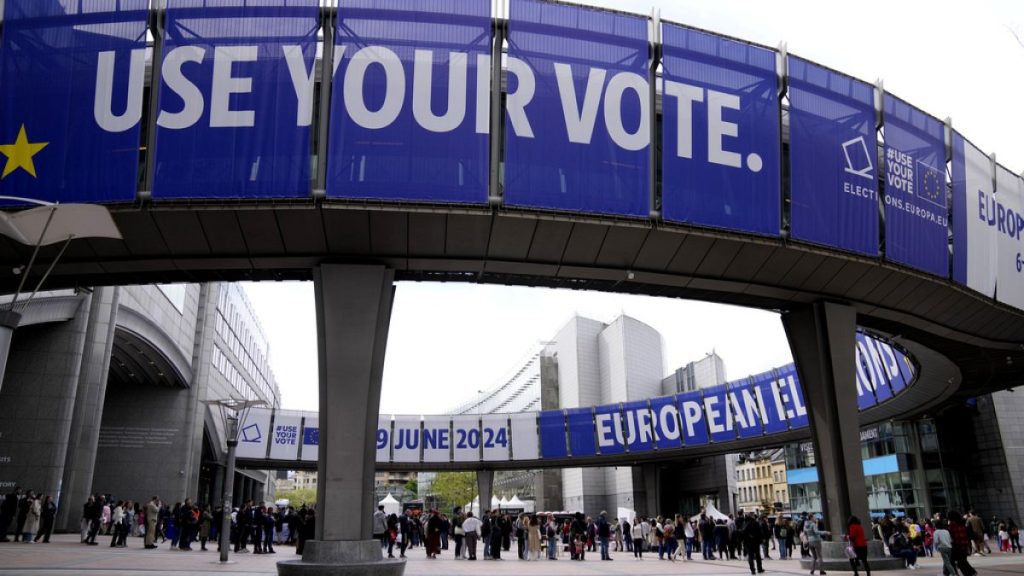Recent statistics reveal that a significant portion of the populations in Slovakia, Poland, and the Czech Republic are being exposed to misinformation online. In the first quarter of 2024, approximately 45% of Czech Republic’s population encountered false narratives, with the number rising to about 58% in Slovakia. The Central European Digital Media Observatory noted that in March, Slovakians reported encountering more misinformation than accurate news for the first time since August of the previous year. In Poland, a report by Digital Poland indicated that up to 84% of Poles have encountered fake news, with nine out of 10 respondents believing at least one piece of false information. This trend is particularly concerning with the upcoming European elections on the horizon.
Central and Eastern European countries are particularly vulnerable to misinformation due to their proximity to Russia, according to Dr. Péter Krekó of the Hungarian Digital Media Observatory. He explained that these regions have historical ties to Soviet influence, which can still be seen among certain politicians, making them more susceptible to Russian narratives. However, the spread of false information is not exclusive to this region as the rest of Europe also faces challenges. Misinformation regarding topics such as the war in Ukraine, climate change, immigration, and public health, including fake news about the COVID-19 pandemic, are prevalent across the continent. These false narratives are often pushed by far-right groups and see a surge in dissemination leading up to EU elections.
Experts suggest that the increased prevalence of misinformation can be attributed to the ways in which people passively absorb and digest media, transitioning from ‘homo sapiens’ to ‘homo videns’ – individuals who predominantly watch content instead of critically engaging with it. Dr. Robert Rajczyk of the University of Silesia in Katowice highlighted that false information operates through persuasion, propaganda, and manipulation. With the European elections approaching, malicious actors may be leveraging AI to launch micro-targeted campaigns aimed at influencing potential voters. Additionally, political players are investing significant sums of money in advertising campaigns on platforms like Facebook and YouTube, many of which contribute to spreading misinformation.
Despite the concerning rise in misinformation, there are ways individuals can protect themselves. Rajczyk emphasizes the importance of utilizing reliable sources of information, such as mainstream media, practicing media literacy, education, and fact-checking. He stresses the significance of critical thinking to combat disinformation and encourage engagement in political life. By fact-checking sensational or shocking information and learning to use social media responsibly, individuals can navigate the influx of misinformation more effectively. Taking time to critically assess the information being consumed can help individuals make informed decisions and combat the spread of false narratives.













